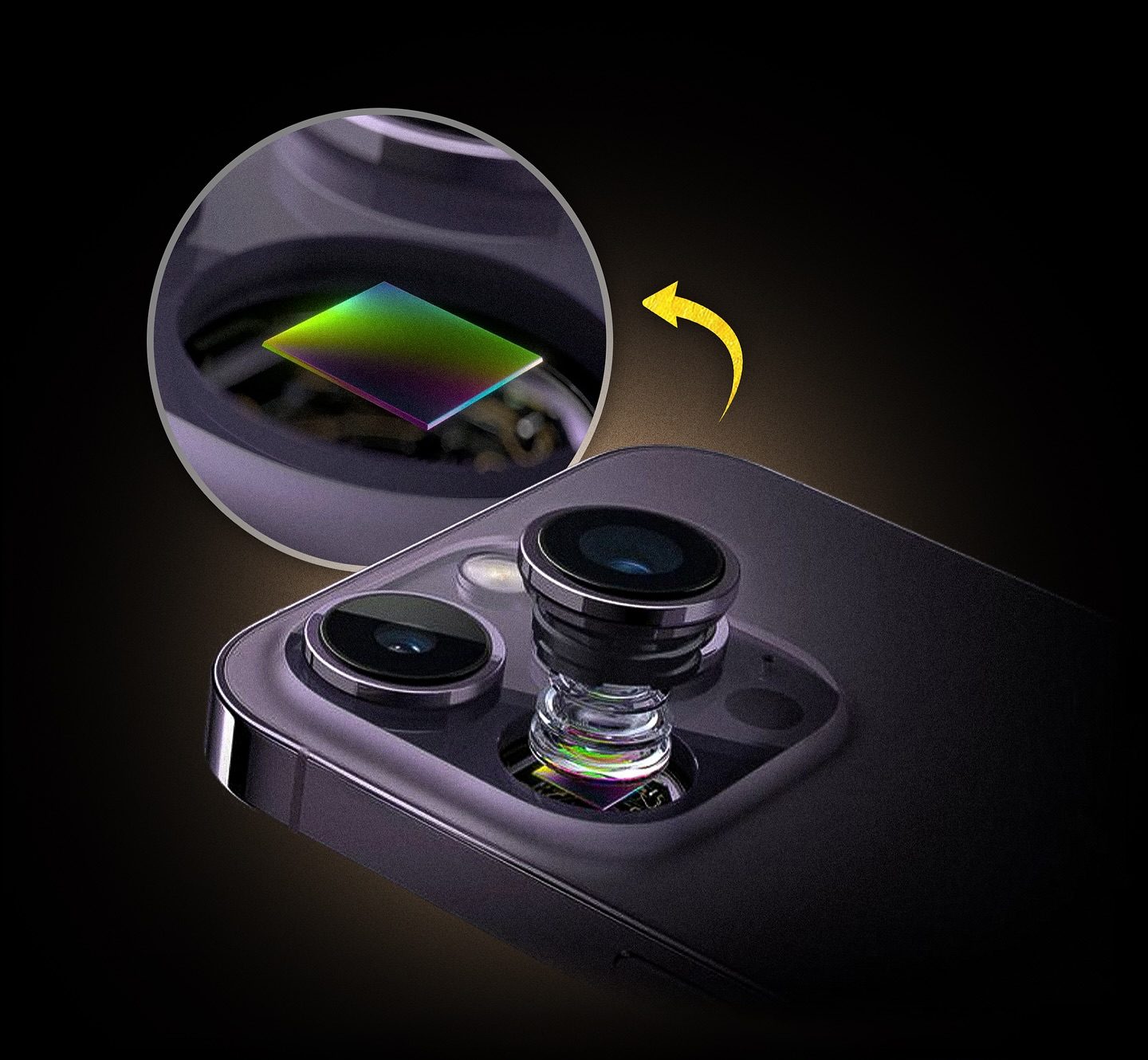Apple Is Working on New Camera Tech That Will Be ‘As Good As the Human Eye’
Apple Has Filed a New Patent Describing Its Next Generation Camera Sensor
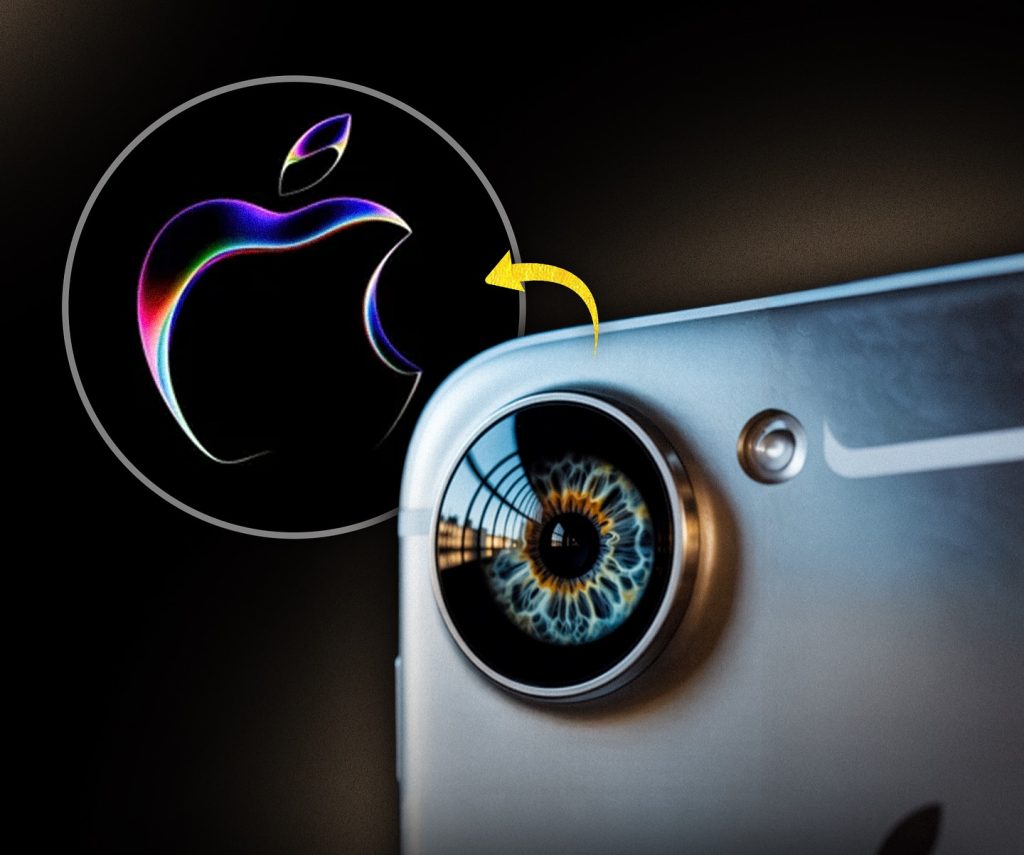
It always starts with a patent. A few technical sketches. A quiet filing. And suddenly, the world’s biggest tech company is hinting at something that could change the way we capture life.
That’s exactly what Apple just did.
They’ve officially filed a patent that details a new kind of stacked camera sensor, the kind we’ve never seen in a smartphone before. This isn’t about more megapixels or better zoom — it’s about how the camera sees light, and how it processes what it sees. Apple wants each pixel to behave like a brain of its own. One layer will capture the image, while another layer beneath it will instantly process light, reduce noise, and preserve detail.
What does this mean? Well, in simple words — the next iPhone might not just take better photos. It might take photos that feel real. Like you’re there again. Like the moment never left.
And it’s not just talk. The tech they described in this patent mirrors the kind of sensors used in professional cinema cameras — the same ones filmmakers use on movie sets. But now, we’re talking about all of that packed into your pocket.
With 20 Stops of HDR and 1 Million to 1 Contrast, It Would Be Close to What the Human Eye Can Perceive
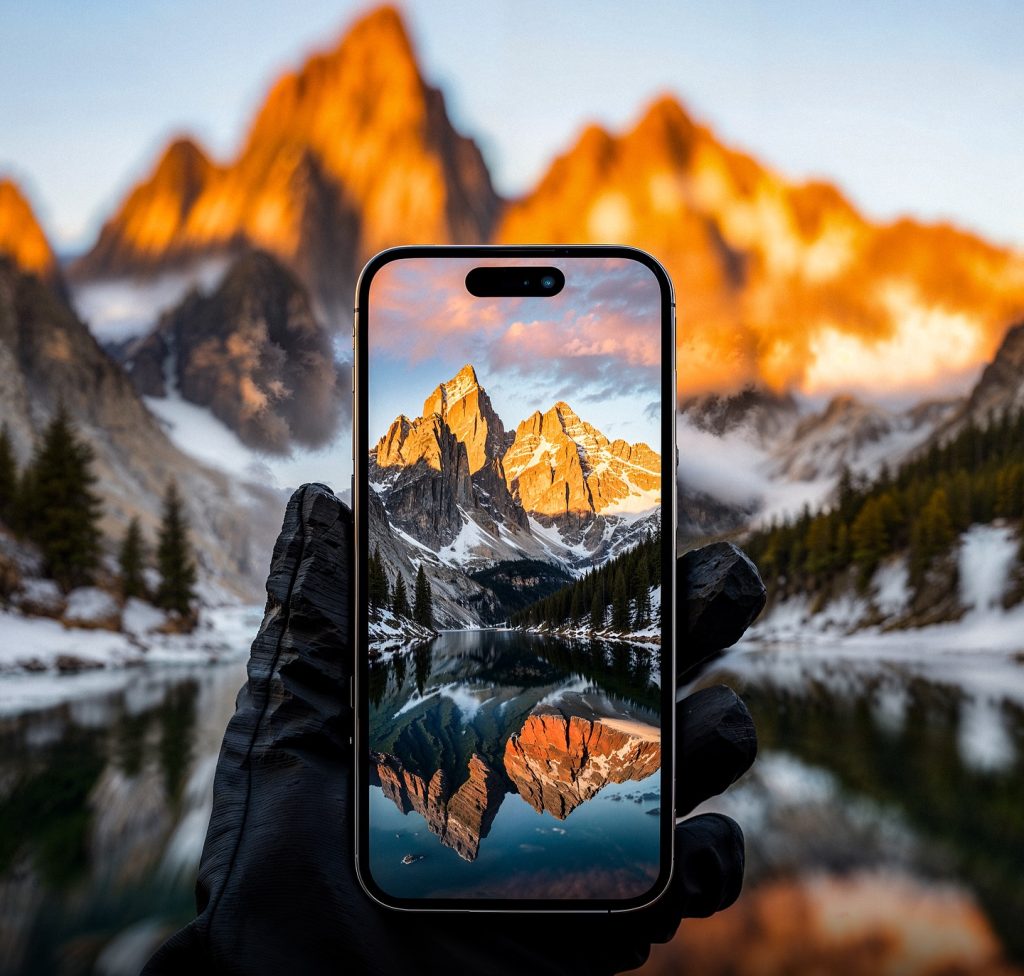
Now this is where it gets mind-blowing.
The biggest reason our eyes always see better than cameras is dynamic range — that ability to adjust between light and dark in the same moment. Your eyes can stare at a glowing sunset and still notice the tiny cracks on the rocks below. Most phone cameras can’t do that. They blow out the light or crush the shadows.
But Apple’s new sensor aims to match — and maybe even rival — that level of clarity. They’re aiming for 20 stops of dynamic range. To put it in perspective, most smartphones barely reach 12 or 13. Even high-end DSLRs struggle to touch 15.
With this kind of range, the camera could capture both the sun and the shade at once — no need for HDR tricks or artificial filters. Just pure, true light.
And then there’s the contrast: 1 million to 1. That means the difference between the darkest black and the brightest white in one image would be so sharp, so vivid, it would feel almost alive.
This isn’t just camera upgrade talk. It’s sensory evolution. The goal is simple: make the camera forget it’s a machine — and start feeling like an eye.
It Would Be So Good That It Would Be Better Than Most Professional Cinema Cameras
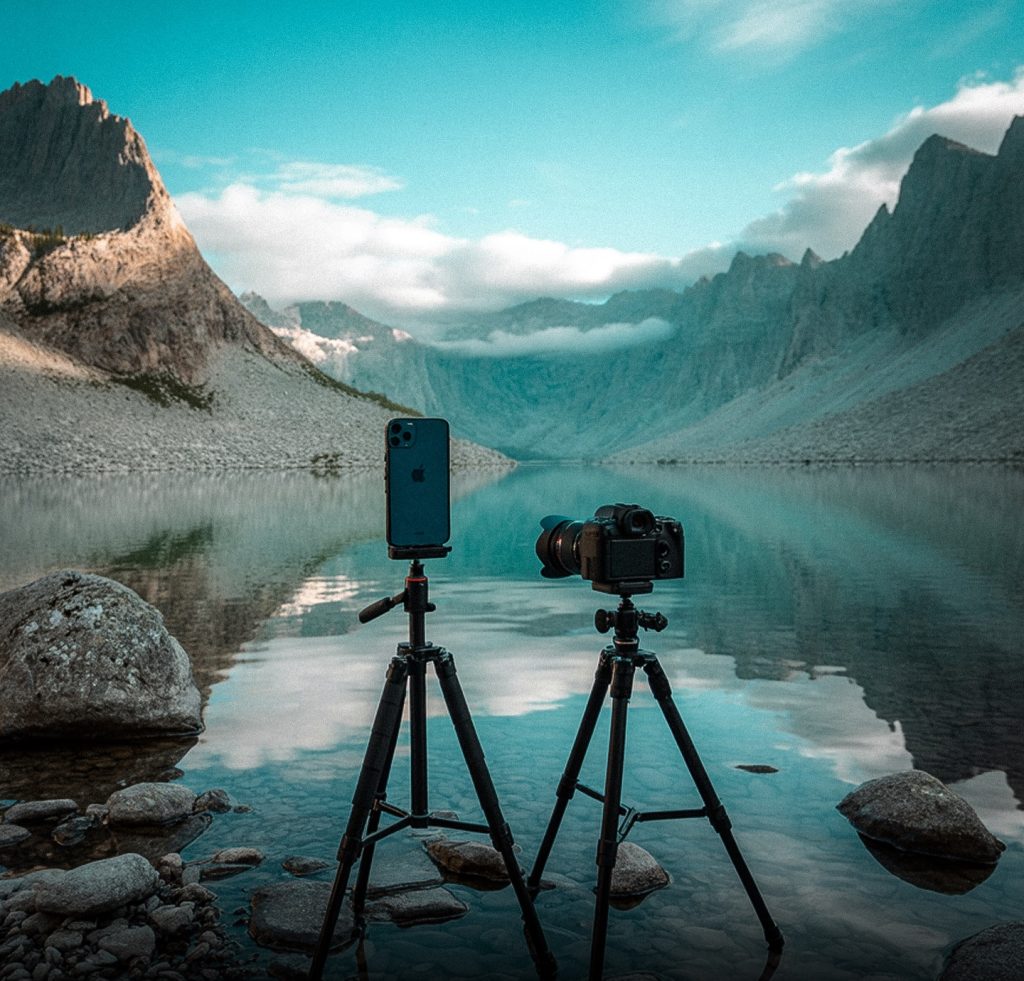
You might be thinking: okay, that’s cool for a phone. But could it actually beat professional gear?
Surprisingly… yes.
According to multiple expert takes, if Apple really brings this patent to life, it could outperform many high-end cinema cameras — the kind that cost tens of thousands of dollars and sit on Hollywood film sets.
How? Because this isn’t just about hardware anymore. It’s the fusion of custom-designed sensors, real-time processing, smart AI software, and raw power, all wrapped into one lens.
Think about what that means: You could walk into a concert, a wedding, a forest trail, or even a dark museum — and your phone might be able to record it with cinema-level quality. Not just “phone good.” But cinematic.
Even Apple fans are stunned. On forums and subreddits, people are comparing the new sensor’s specs to giants like the ARRI ALEXA or the Canon C500. The reaction is a mix of disbelief and excitement. Many say if it works as promised, they might not need their bulky camera gear anymore.
And that’s not even the scariest part — this is only Apple’s first attempt at this level. If they go all-in, the future of filmmaking might genuinely start with an iPhone.
Industry Experts Say It Could Appear in Devices Like the Next iPhone 17 Pro
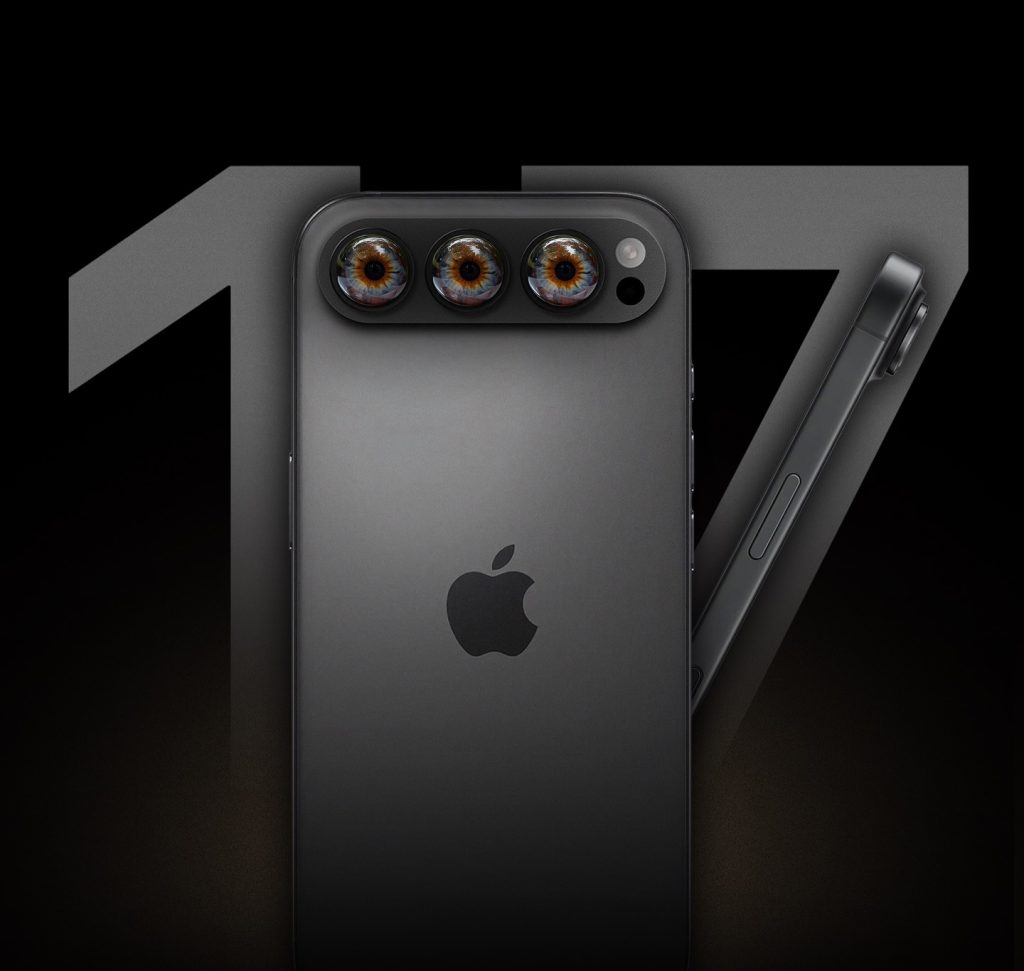
So now the big question: when is this coming?
Industry insiders are already pointing at the iPhone 17 Pro as the likely home for this tech.
And it makes sense. Apple has been pushing Pro models to stand out — not just in performance, but in creativity. The last few generations have introduced ProRAW, Cinematic Mode, Action Mode, and deep learning photo tweaks. This new sensor would be the perfect crown jewel for the next chapter in Apple’s camera journey.
Rumors say the iPhone 17 Pro could also include upgraded AI chips and improved lens designs — all of which would work hand-in-hand with this new sensor to deliver photos and videos that need no editing. Just shoot and share.
Still, a patent isn’t a guarantee. Apple files hundreds of them every year. But the way this one aligns with their direction — and how deeply it’s tied to their current priorities — it feels less like a “maybe” and more like a “when.”
And if the iPhone 17 Pro really gets it, we might be holding one of the most advanced cameras ever made… without even realizing it.
Final Thoughts
We often forget how much technology shapes our memories. Every photo we take becomes a stamp in time — a frozen flash of life that we carry with us.
Apple’s new sensor isn’t just another spec bump. It’s a sign that we’re getting closer to something personal, something emotional. Cameras that don’t just record life — but reflect it. Cameras that don’t just snap — but see.
If this technology lives up to its promise, the next wave of phones won’t just be smart. They’ll be visionary.

